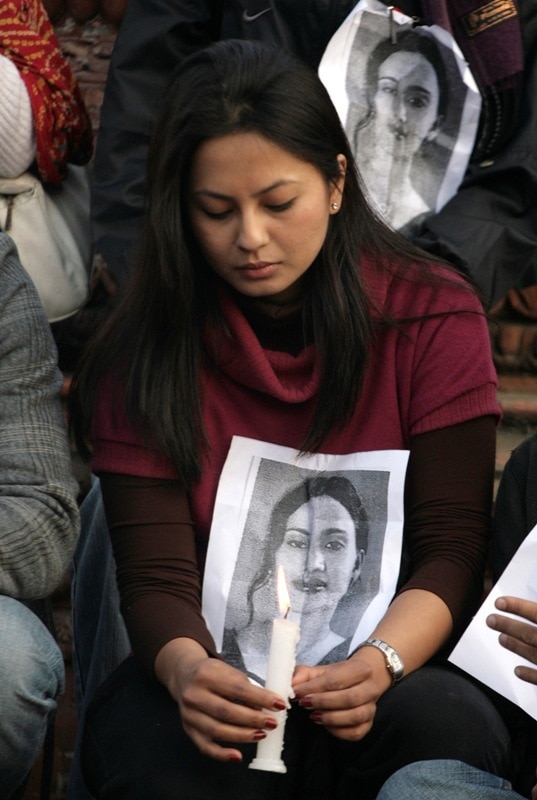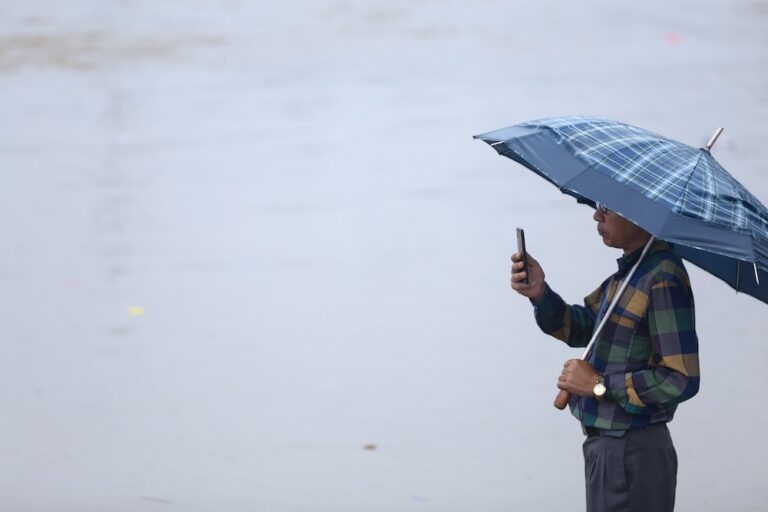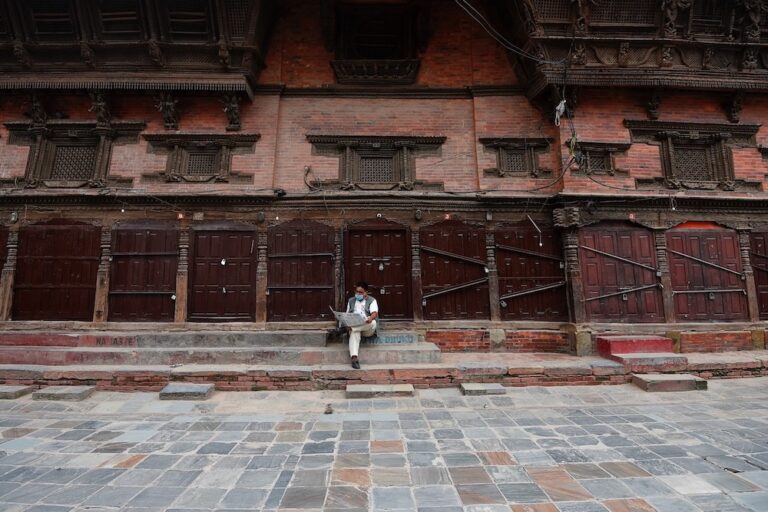The arrest of Umesh Yadav in the 2009 slaying of an outspoken Nepalese journalist and women's rights activist who was critical of the region's Maoists may mean justice will finally be served.
IFEX members have cautiously welcomed the arrest of the alleged mastermind in the 2009 murder of Nepalese journalist Uma Singh.
On 18 September 2013, police announced that they had arrested Umesh Yadav as he was about to cross the border into India. Yadav, a former Maoist, is suspected of ordering the murder of Singh. He was being actively sought by the police on suspicion of involvement in multiple felonies.
A reporter with the local FM radio station Radio Today and the Janakpur Today daily, Singh was hacked to death on 11 January 2009 by a gang of about 15 men who burst into her home in the city of Janakpur, according to witnesses.
She mainly reported on issues related to women’s rights and was a vocal opponent of the dowry system rife in Nepal’s southern plain. She was the first woman journalist killed in Nepal. Local authorities initially claimed her death was the result of a land ownership argument within the family, and arrested the journalist’s sister-in-law, Lalita Devi Singh. Police also arrested Nemlal Paswan, a local Maoist leader. While the connection between Lalita Singh and Paswan is unclear, in 2011 they were both sentenced to life in prison for killing the journalist. At the time, Freedom Forum welcomed the verdict but noted that Yadav, the man who had allegedly ordered the attack, was still at large.
Local journalists have long maintained that the original police investigation had ignored her profession as a possible motive. According to the Federation of Nepali Journalists (FNJ), Singh was an outspoken critic of the region’s Maoists and blamed them for the deaths of her father and brother in 2005. Some in the media community believe the real motivation was to silence her and dissuade others from criticising powerful people.
“Uma was a respected investigative journalist working hard in a media sector dominated by men. Her stark criticism of local political party leaders was courageous in a country where violent retribution for criticism is common,” notes ARTICLE 19.
While groups welcomed the arrest, they also noted that the issue of impunity for crimes against journalists is a systemic problem in the country. ARTICLE 19, the organisation that raised the journalist’s case at the UN in 2010 through Nepal’s Universal Periodic Review, welcomed Yadav’s arrest by a special police force as “a step in the right direction.”
“[W]e hope that five years of impunity in this case will soon be over,” Reporters Without Borders stated. “As the FNJ has said, the arrest in the Singh murder has helped to make the police more credible and, we hope, will help to deter other attacks against journalists.”
While also welcoming the arrest of the suspected mastermind, the Committee to Protect Journalists stressed that “only a robust effort by authorities to prosecute and deliver a just verdict will help to reverse deep-rooted impunity for journalist murders in Nepal.”
“The arrest of the murder suspect, though delayed, is a laudable act by the police authority,” Freedom Forum stated, expressing the hope that this development would help deter further crimes and provide a psychological boost to journalists working under difficult circumstances in the country.



